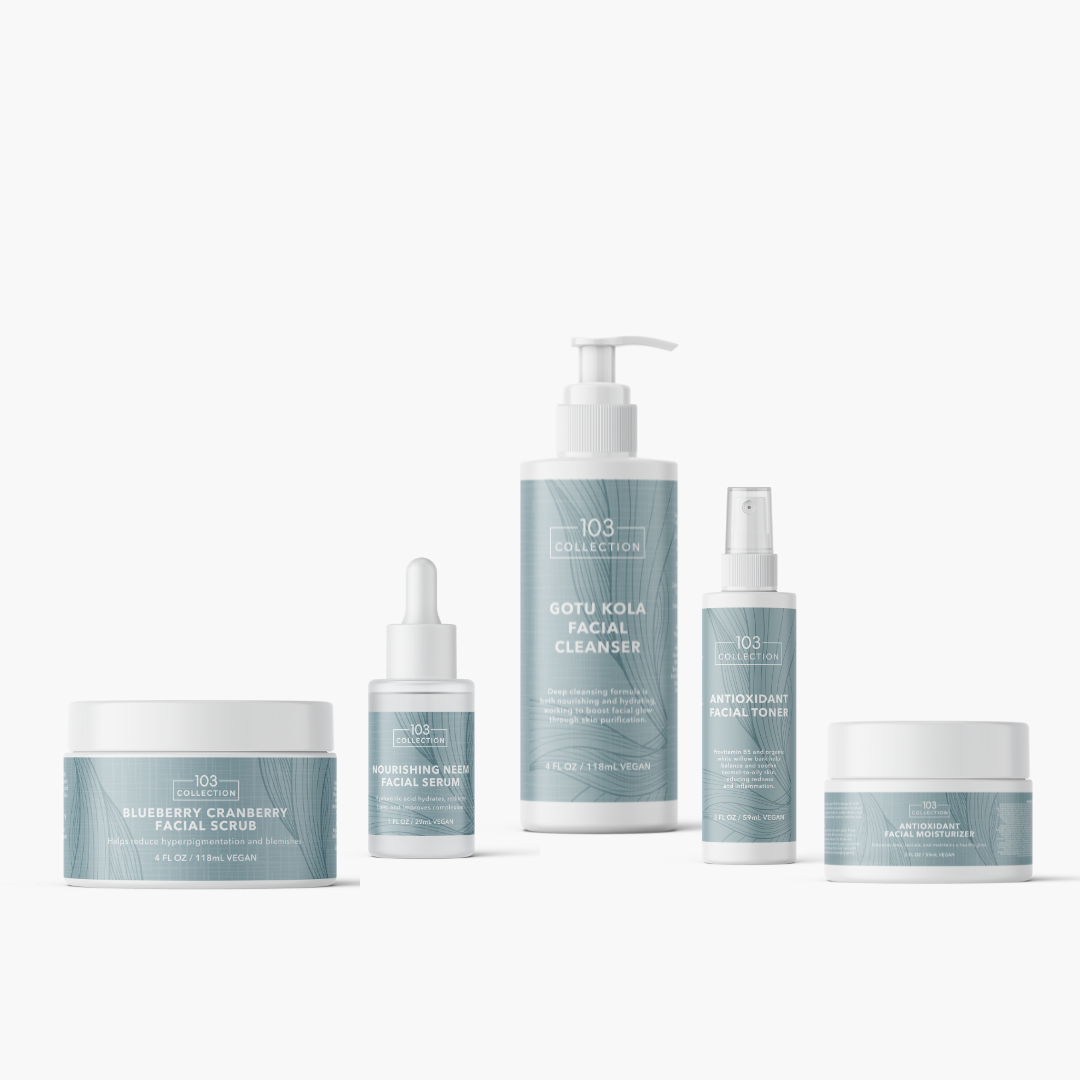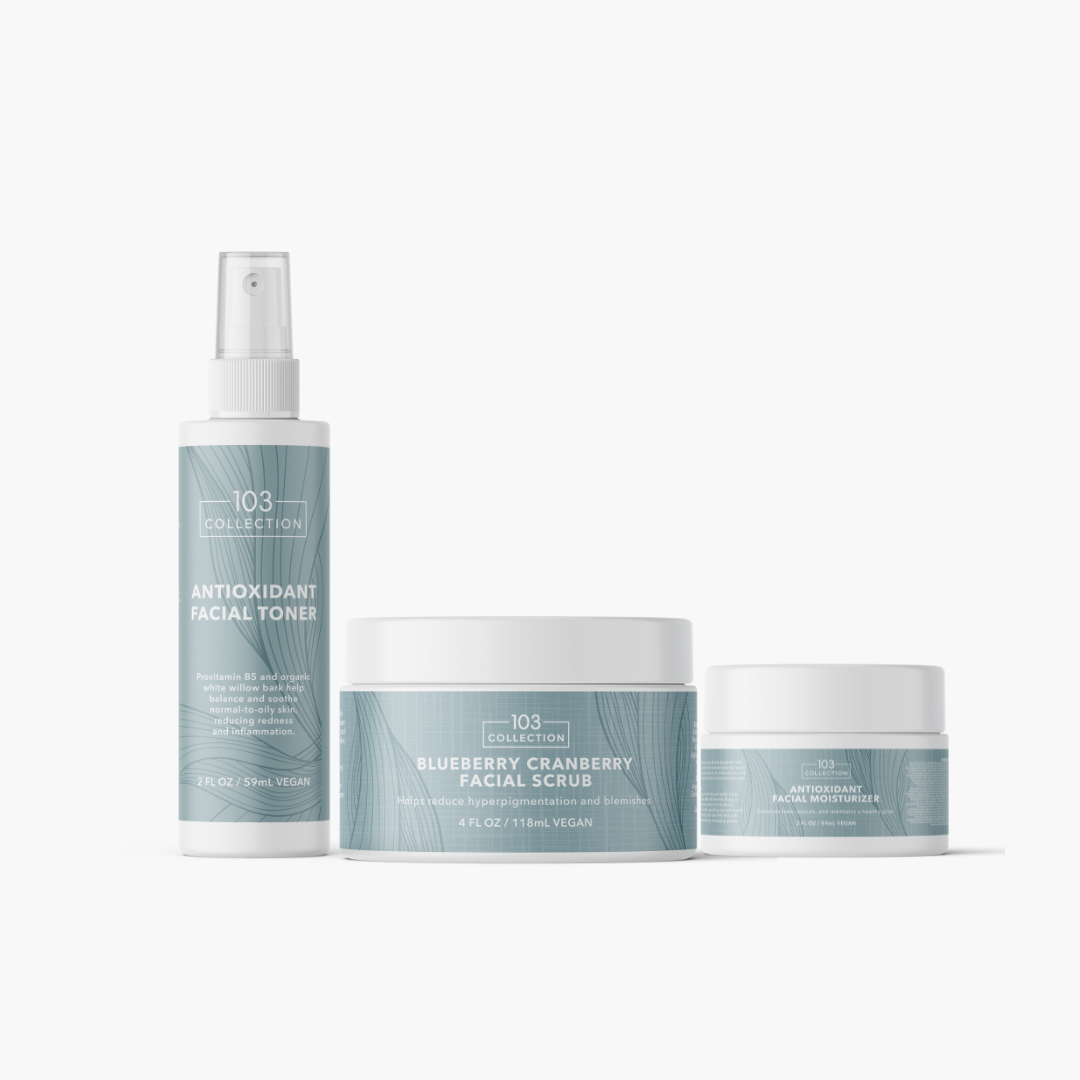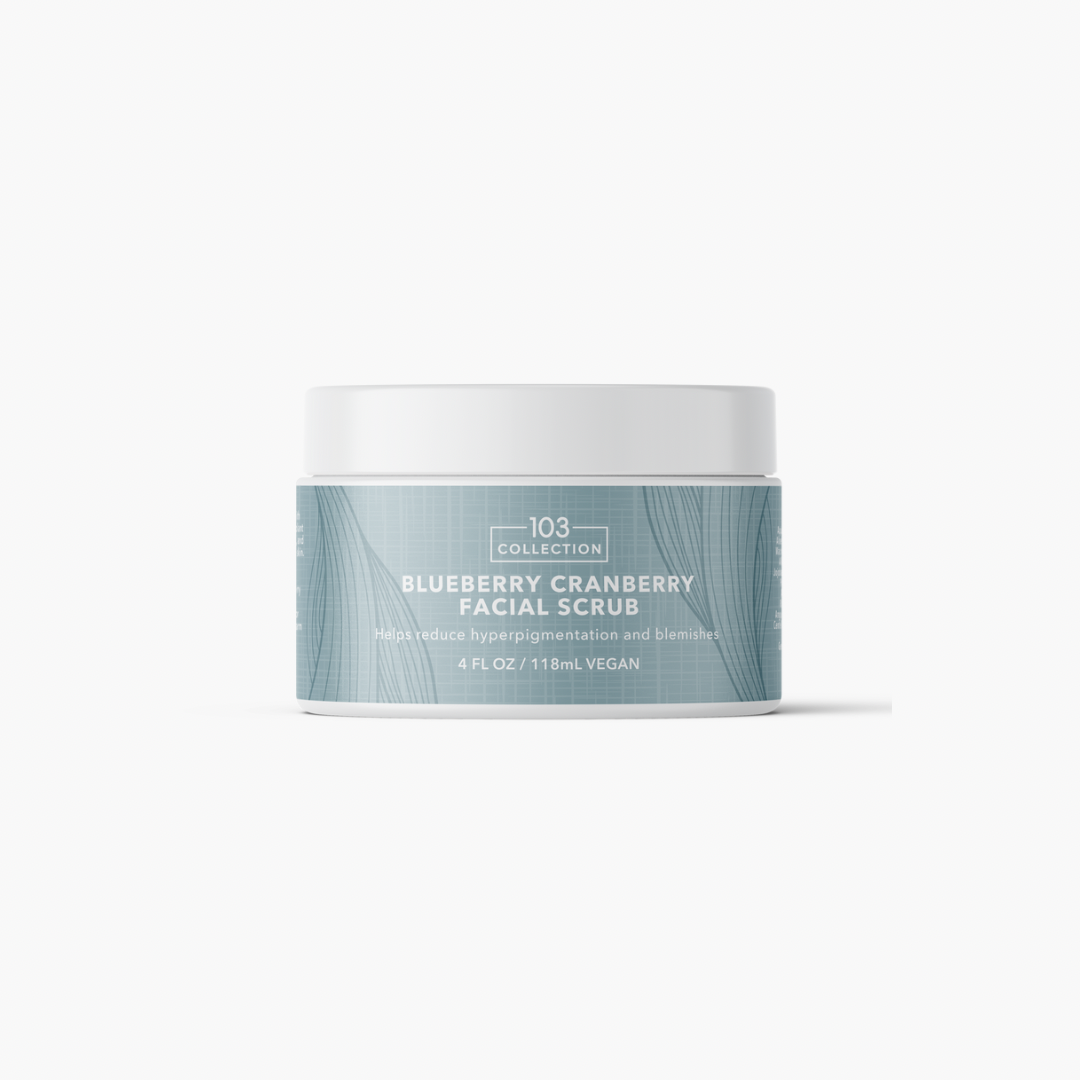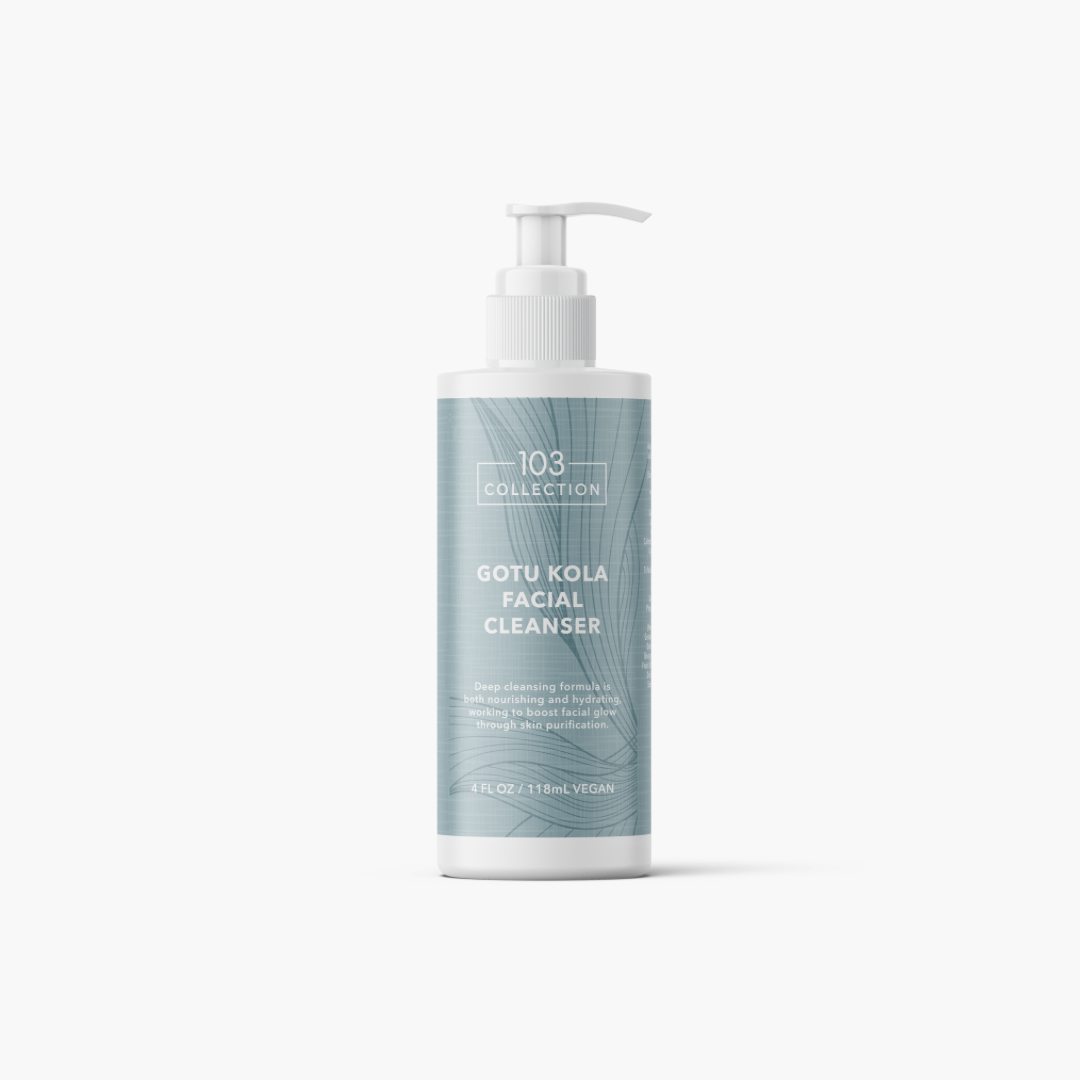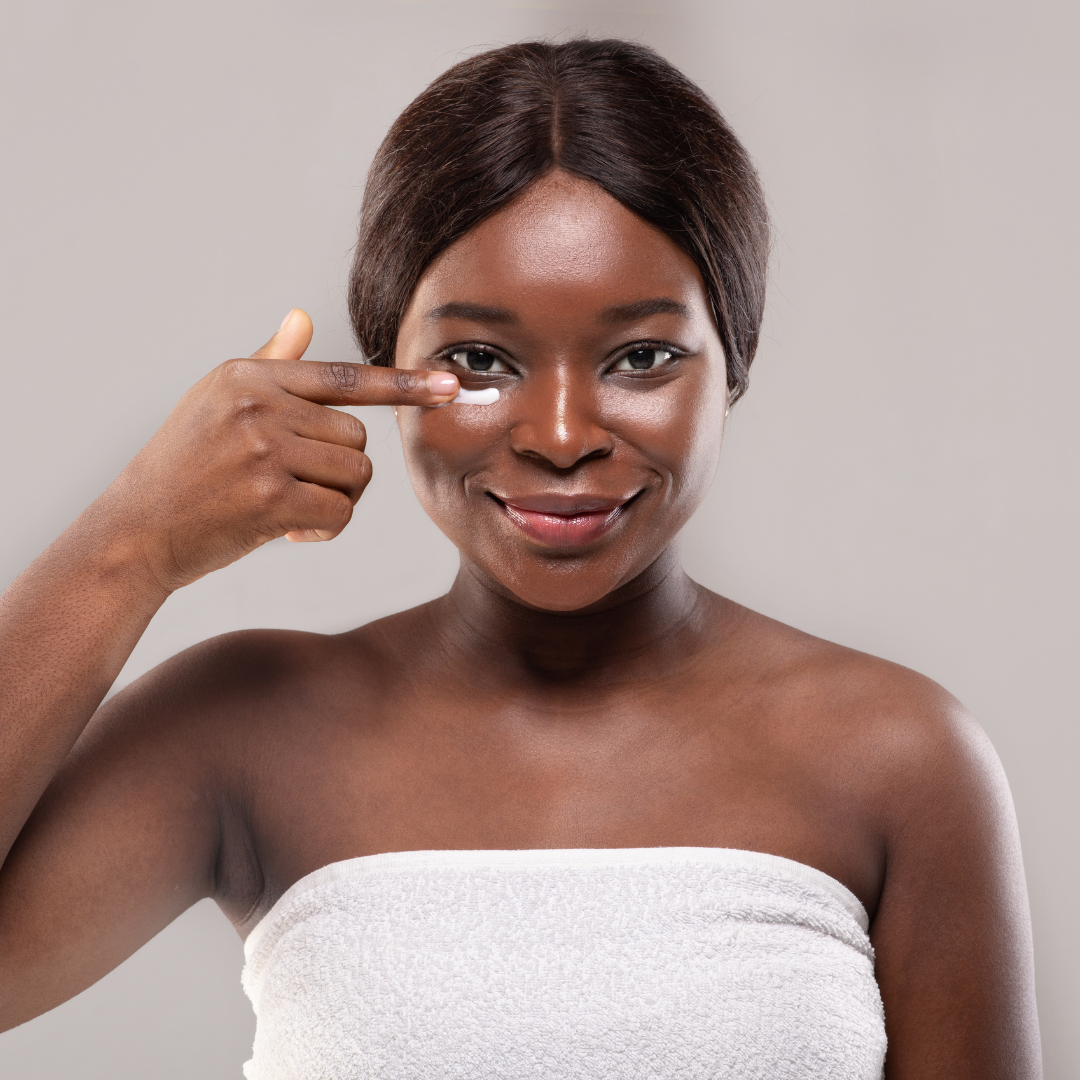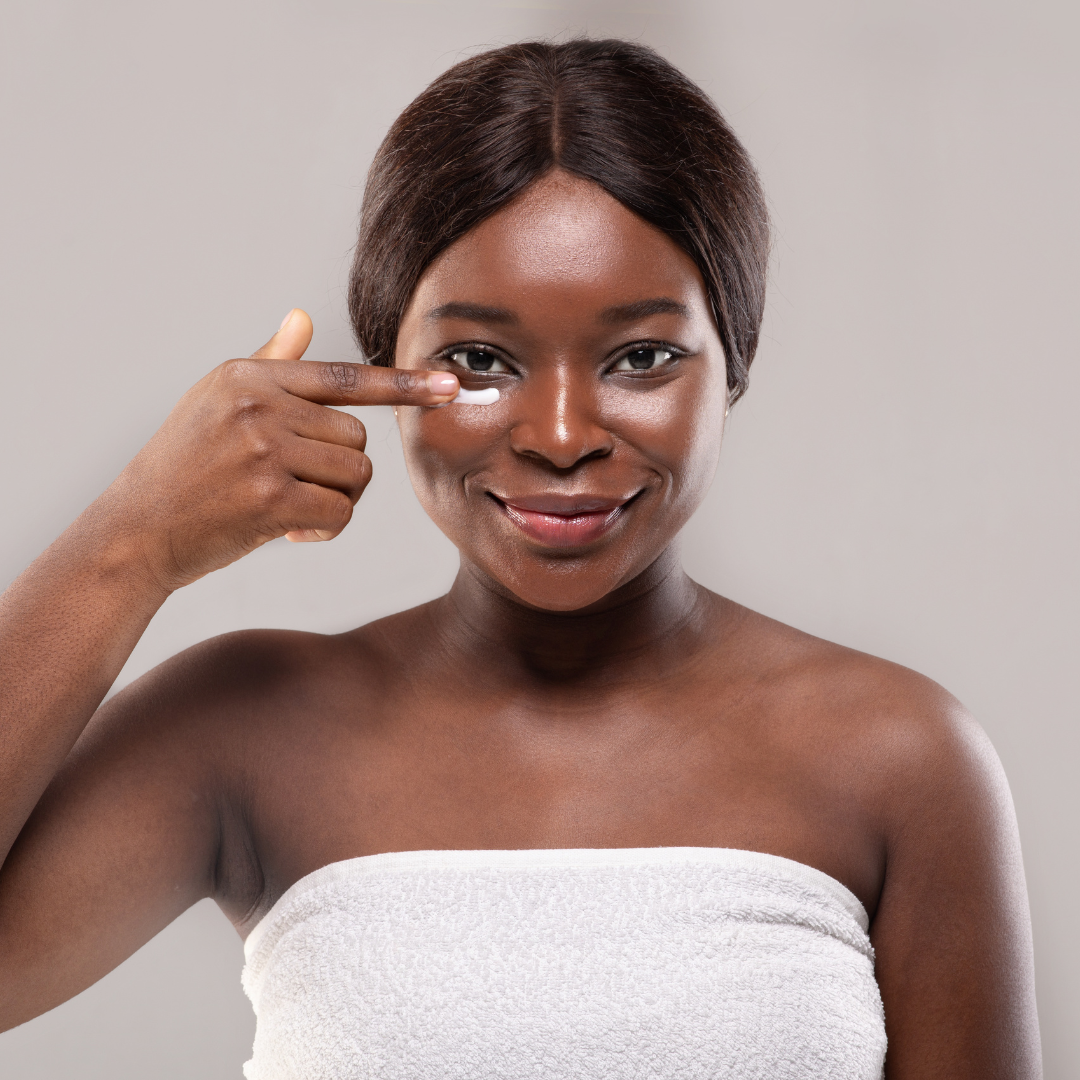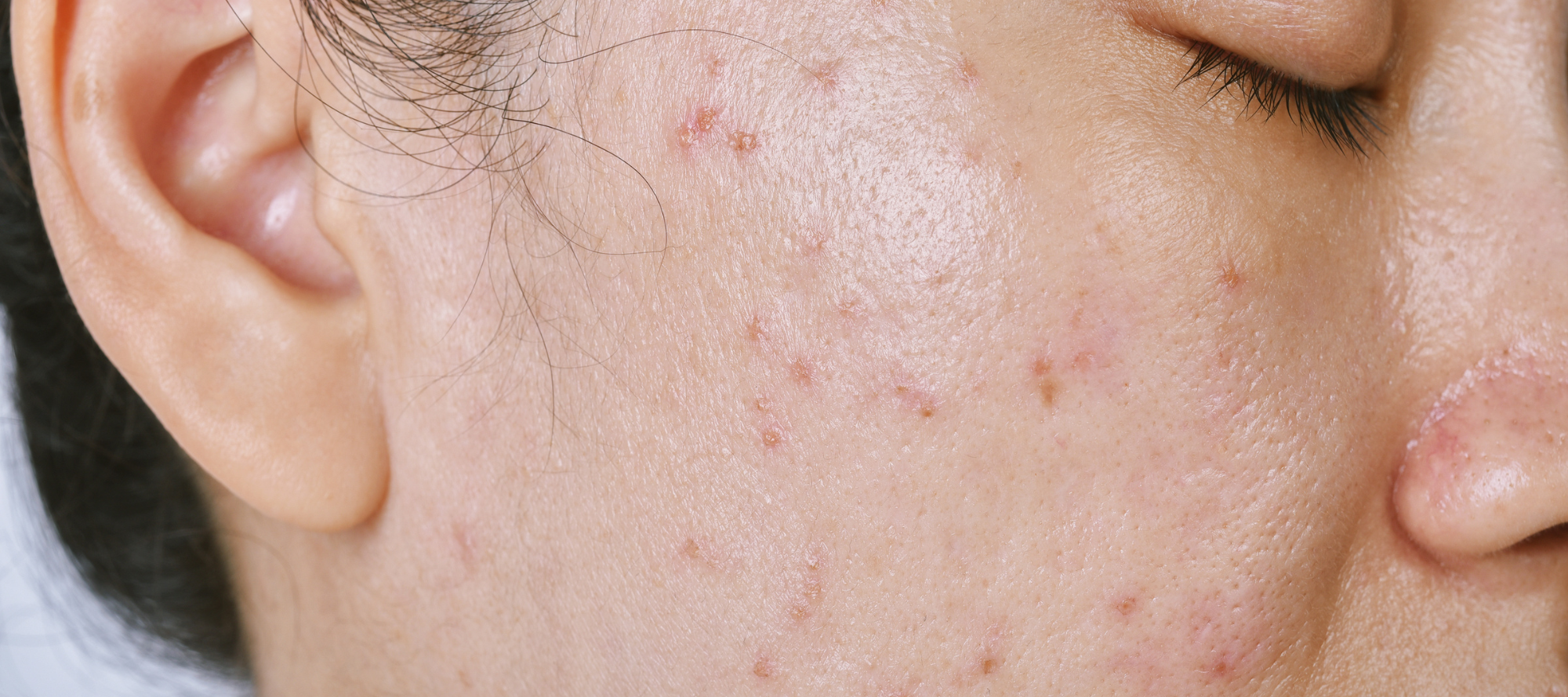Understanding oily skin, preventing excessive oiliness, and nurturing the skin are crucial for maintaining a healthy complexion.
-
What Is Oily Skin?
Oily skin is a common skin type characterized by an excess production of sebum, the natural oil produced by the skin. While sebum is essential for keeping the skin moisturized, an overproduction can lead to a shiny complexion, enlarged pores, and an increased likelihood of acne and blackheads.
-
Preventing Oily Skin
Discover practical tips and habits to keep your skin clear. From establishing a consistent skincare routine to making lifestyle changes, we provide actionable advice to help you prevent oily skin before it starts.
-
Treating Oily Skin
If you're dealing with oily skin, our treatment guide offers insights into various skincare ingredients, products, and routines to help you manage and reduce oilyness Explore effective strategies for different types of oliy skin, including whiteheads, blackheads, and cystic acne.
TYPES OF OILY SKIN
-
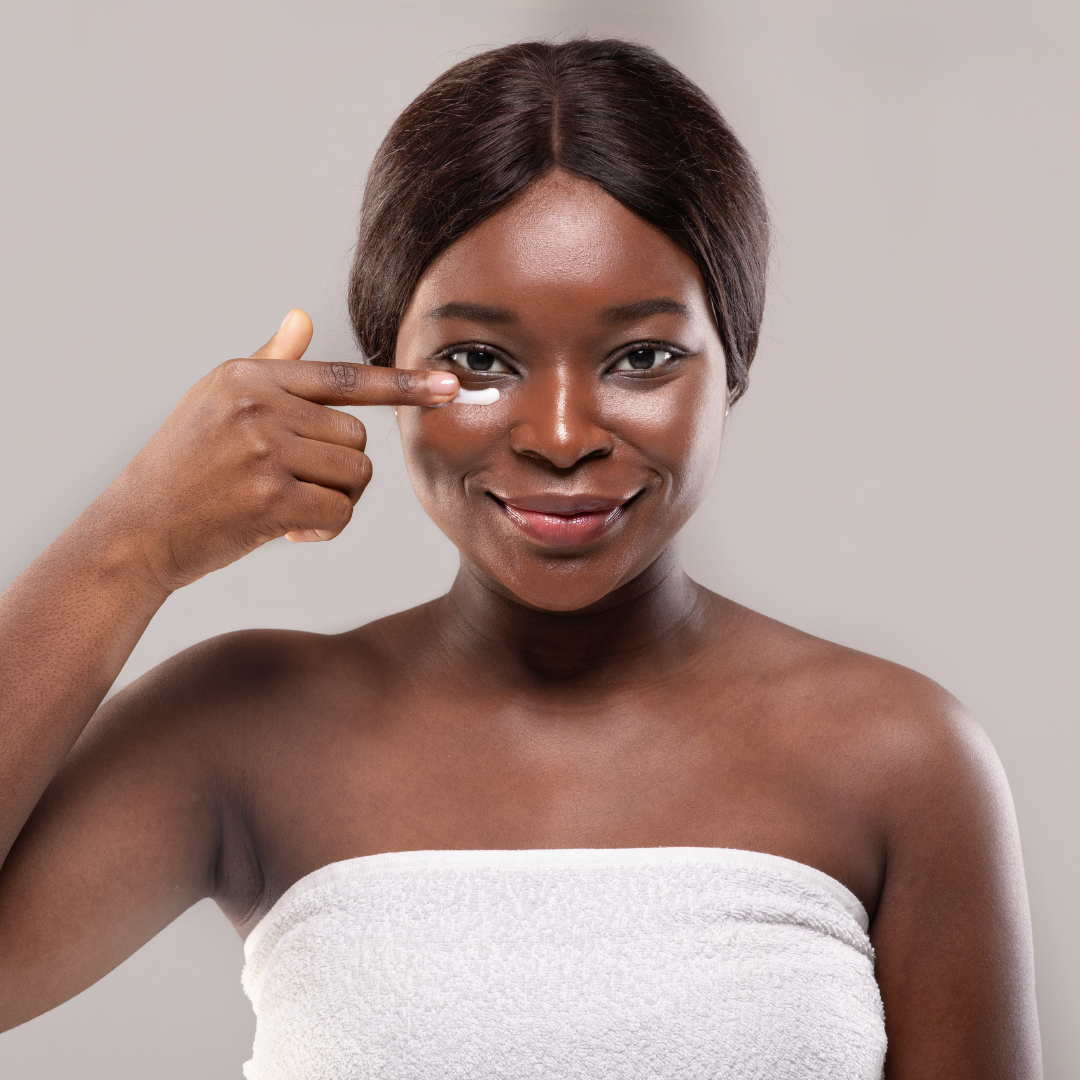
T-ZONE
Oily skin tends to be most pronounced in the T-zone, encompassing the forehead, nose, and chin, where sebaceous glands are more concentrated, leading to heightened oil production.
-
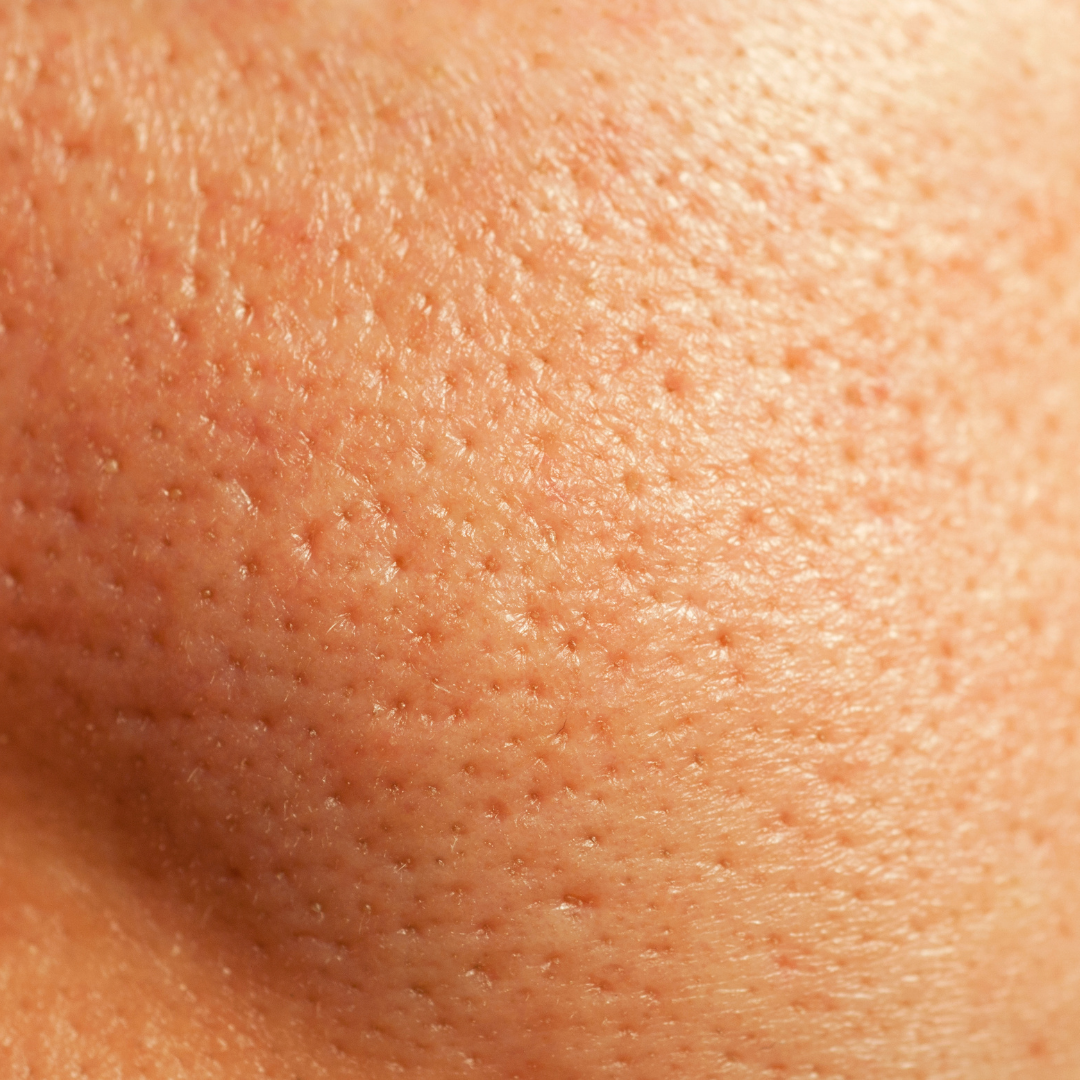
ENLARGED PORES
Oily skin often accompanies enlarged pores, as excess sebum production can contribute to pore dilation, resulting in a common concern for those seeking a smoother complexion.
-
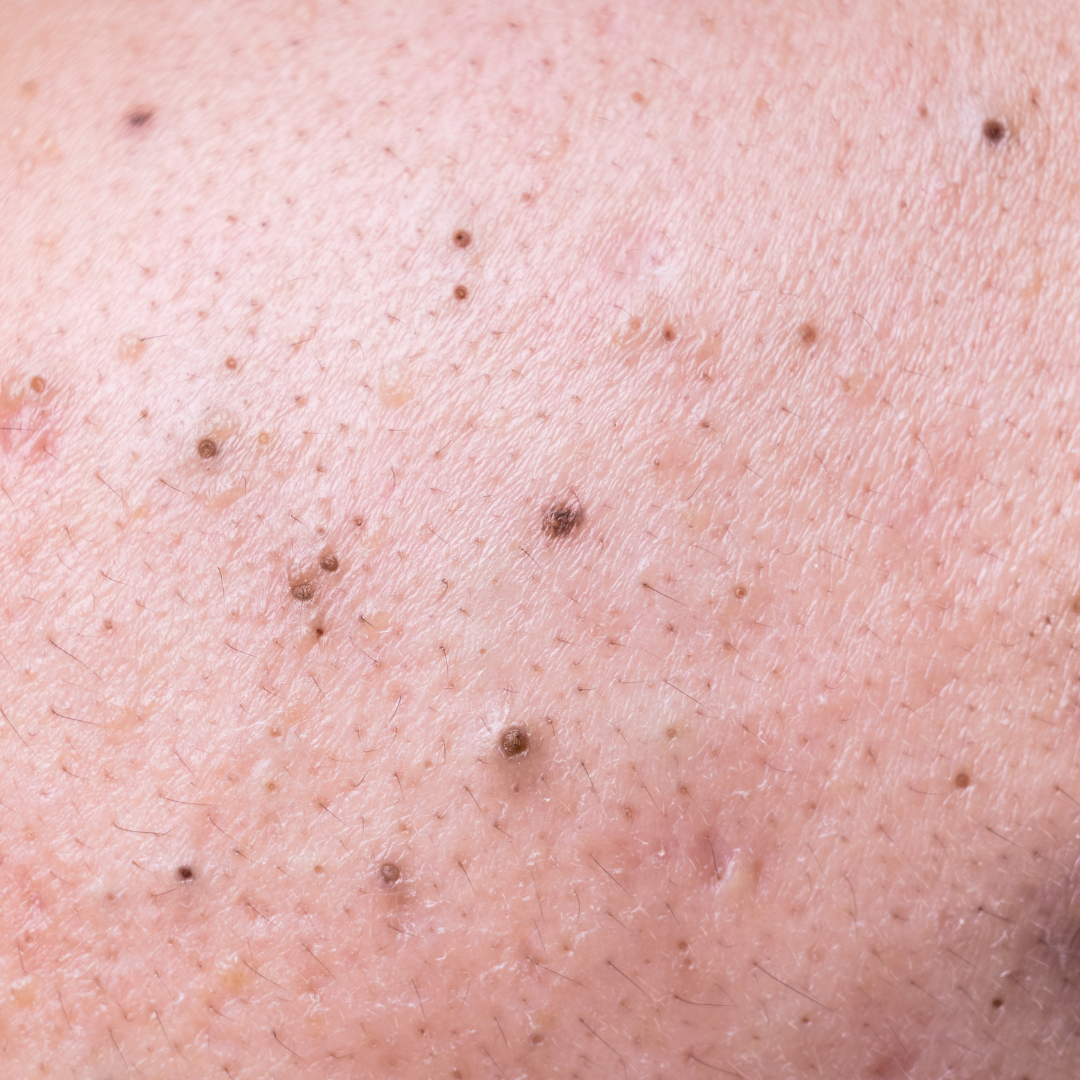
BLACKHEADS
Oily skin is prone to blackheads, as the excess sebum produced can mix with dead skin cells and clog pores, resulting in the formation of these common skin blemishes
-
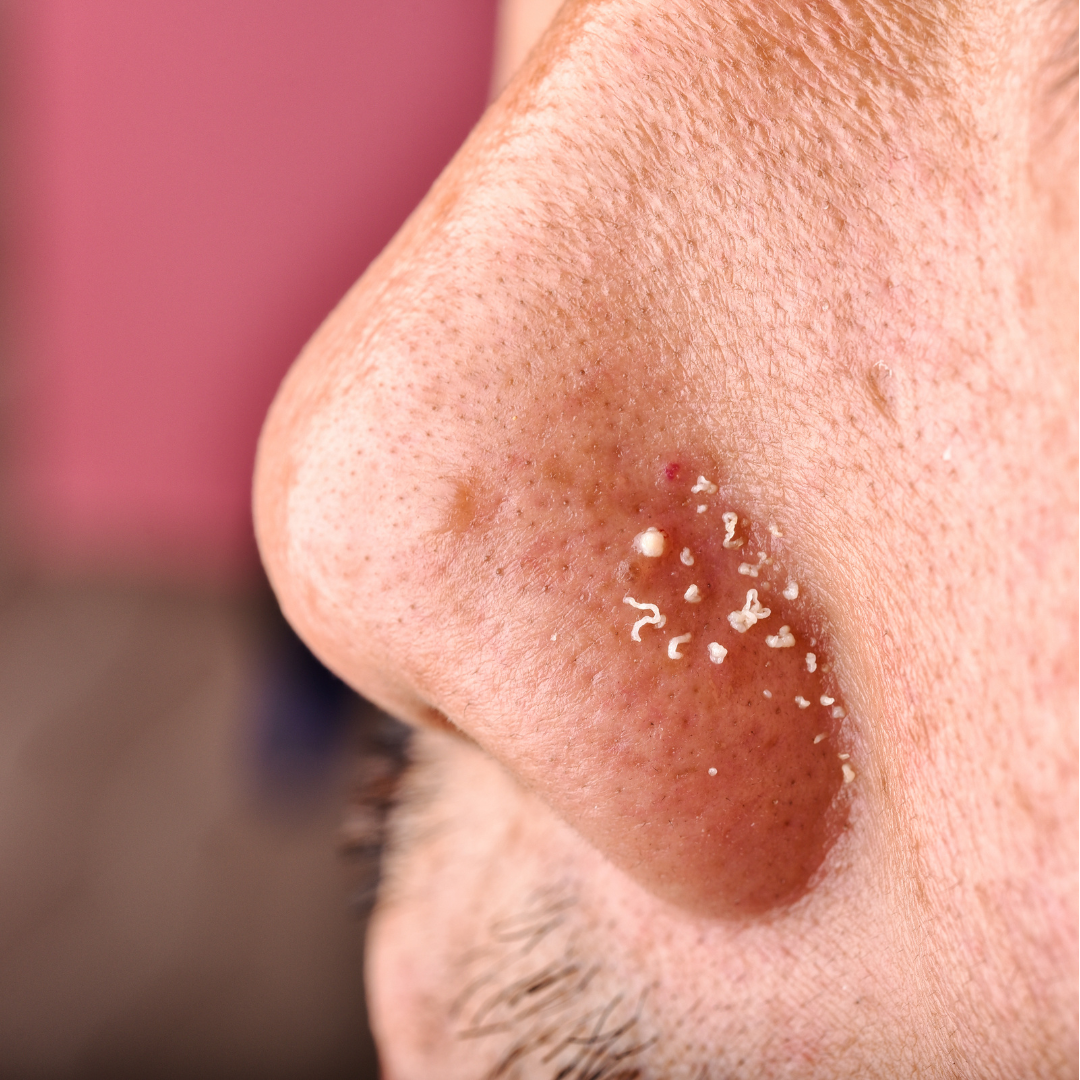
WHITEHEADS
Whiteheads are often associated with oily skin, occurring when excess sebum and dead skin cells block hair follicles, leading to the formation of small, closed bumps on the skin's surface.
CAUSES OF OILY SKIN
Genetics
Oily skin can be hereditary.
Hormonal Changes
Hormones, especially during puberty, can stimulate oil production.
Environmental Factors
Humidity and hot weather can contribute to oily skin.
Overuse of Harsh Products
Stripping the skin of its natural oils can trigger more oil production.
Dietary Factors
Some studies suggest a link between certain foods and oily skin, although individual responses may vary.


Identify Your Skin Type
Understanding your skin type is essential for tailoring an effective skincare routine. Common skin types include:
- Oily: Prone to excess sebum production, leading to shiny skin and increased risk of acne.
- Dry: Lacks moisture, often resulting in flakiness, redness, and irritation.
- Combination: A combination of both oily and dry areas on the face.
- Normal: Well-balanced with minimal sensitivity and few imperfections.
- Sensitive: Prone to irritation, redness, and reactions to certain products.
How To Prevent Oily Skin
-
Holistic Approach
involves addressing various aspects of lifestyle, skincare, and well-being. It includes adopting a balanced diet rich in fruits, vegetables, and omega-3 fatty acids to support overall skin health. Stress management techniques, such as meditation or yoga, can help regulate hormones that influence oil production. Gentle cleansing with natural, non-abrasive products preserves the skin's natural barrier without overstimulating oil glands. Regular exercise promotes healthy circulation, aiding in toxin removal. Adequate hydration is crucial, as well-hydrated skin is less likely to overcompensate with excess oil production. Holistic skincare embraces natural ingredients and mindful practices to create a comprehensive and sustainable approach to maintaining a balanced and healthy complexion.
-
Routine
Begin with gentle cleansing, using a mild, foaming, or gel-based cleanser to remove excess oil without over-drying, and make it a habit to cleanse twice daily for consistently clean skin. Avoid harsh products, opting for alcohol-free options to retain the skin's natural oils, and choose non-comedogenic products to minimize the risk of clogged pores. Maintain hydration with a lightweight, oil-free moisturizer, and incorporate regular exfoliation into your routine to eliminate dead skin cells and prevent clogged pores. Consider a gentle exfoliant containing salicylic acid or alpha hydroxy acids for optimal results. Sunscreen is essential, even for oily skin, so use a broad-spectrum, oil-free formula daily. Lastly, support your skin from the inside out by including fruits, vegetables, and whole grains in your diet, along with omega-3 fatty acids found in fish and flaxseed, which can help balance oil production and promote overall skin health.
-
Well-Being
In nurturing oily skin, incorporating wellness practices is key. Integrate clay masks into your routine once or twice a week to effectively absorb excess oil and impurities, promoting a clearer complexion. Opt for oil-free and non-comedogenic makeup products to maintain a balanced skin tone. Keep blotting papers handy for on-the-go absorption of excess oil throughout the day. Consider seeking professional guidance by consulting with a dermatologist for personalized advice and potential prescription treatments tailored to your skin's needs. Hydration plays a crucial role, so ensure you drink plenty of water to support overall skin health. Additionally, make lifestyle changes to manage stress levels, recognizing that stress can contribute to increased oil production and impact the overall well-being of your skin.
BLOG
